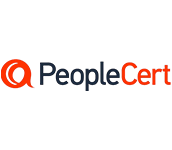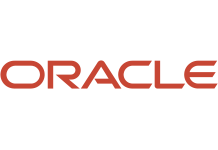- 087 941 5764
- impactful@lrmg.co.za


Microsoft Dynamics 365 Finance and Operations Apps Developers implement and extend applications to meet the requirements of the business.
Candidates provide fully realized solutions by using standardized application coding patterns, extensible features, and external integrations.
Our courses have flexible delivery options:
This course is intended for:
Microsoft Dynamics 365 Finance and Operations Apps Developers
This course will prepare delegates to write the Microsoft MB-500: Microsoft Finance and Operations Apps Developer exam.
Need additional information?
We are here to support your growth every step of the way
Get in touch
Microsoft Dynamics 365 Finance and Operations Apps Developers implement and extend applications to meet the requirements of the business.
Candidates provide fully realized solutions by using standardized application coding patterns, extensible features, and external integrations.
Our courses have flexible delivery options:
This course is intended for:
Microsoft Dynamics 365 Finance and Operations Apps Developers
This course will prepare delegates to write the Microsoft MB-500: Microsoft Finance and Operations Apps Developer exam.
Certified global best practices in the new technologies…




Please complete the form with your information and one of our experts will get back to you soon.

Get in touch
Email: impactful@lrmg.co.za
Tel: +27 87 941 5764